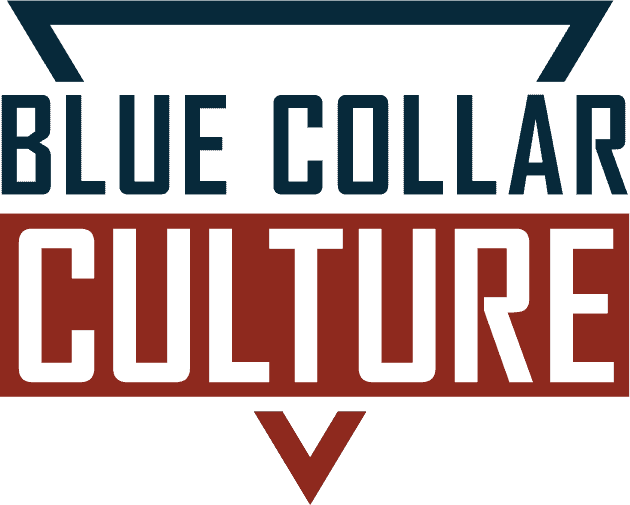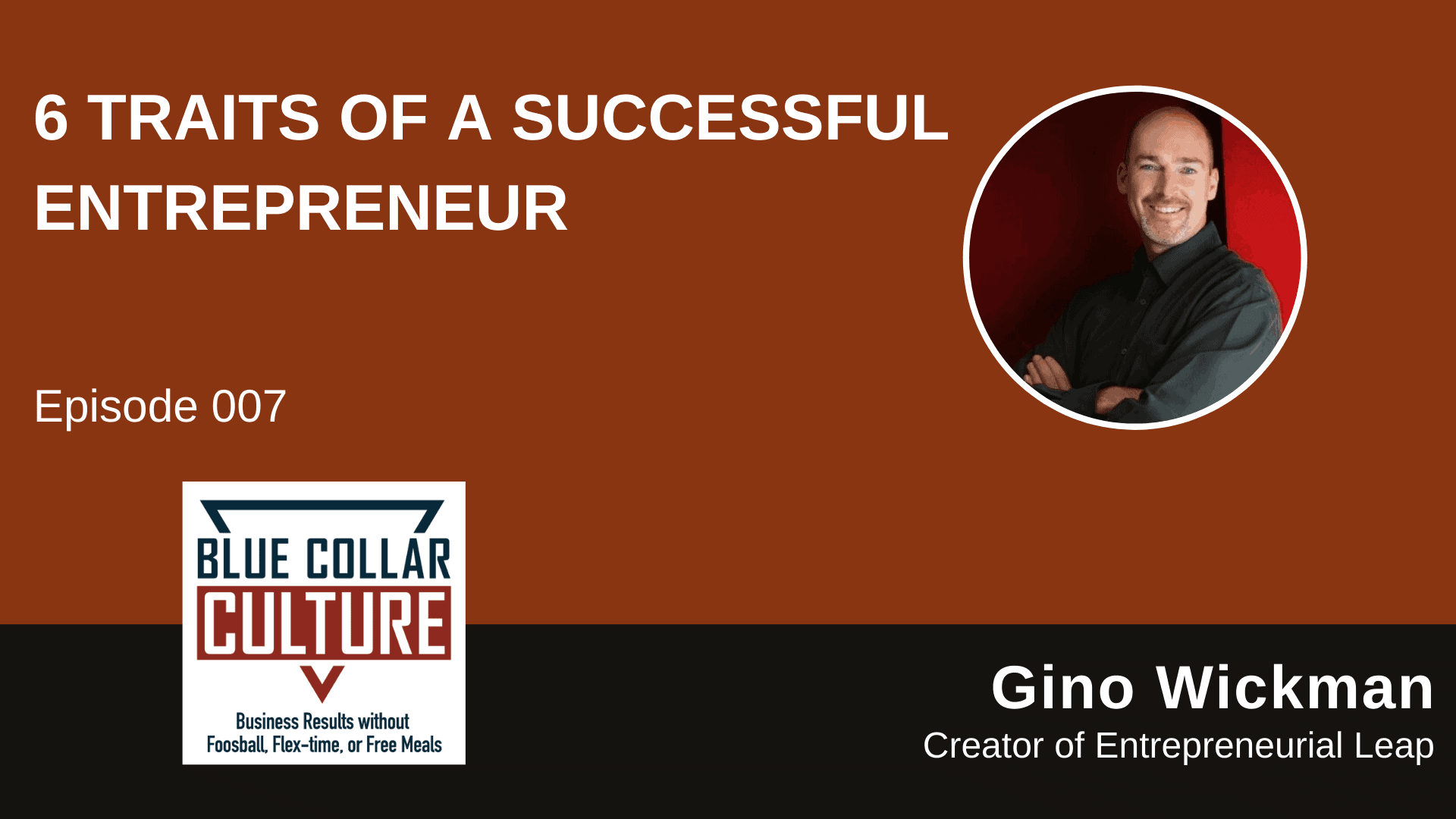There are a lot of myths about what it means to be an entrepreneur out there… not to mention what success looks like and how to get it.
As author of the bestseller Traction and the new book, Entrepreneurial Leap, and the creator of the Entrepreneurial Operating System, Gino Wickman is in a unique position to define all those elements.
The tools he’s built are impacting more than 100,000 businesses worldwide – this interview is your chance to be one of them.
He kicks things off by revealing the six essential traits of the successful entrepreneur, and that’s just the start. We also talk about…
- How to figure out if you should be an entrepreneur at all
- What being “passionate” about your business really means
- The right thing to do when you’re struggling – it’s not what you think
- Why you must be a visionary – and what that means for “boring” businesses
- Why the ideal entrepreneurial mindset might just be a mental illness…and why that can be a very good thing
Listen now…
Mentioned in this episode:

